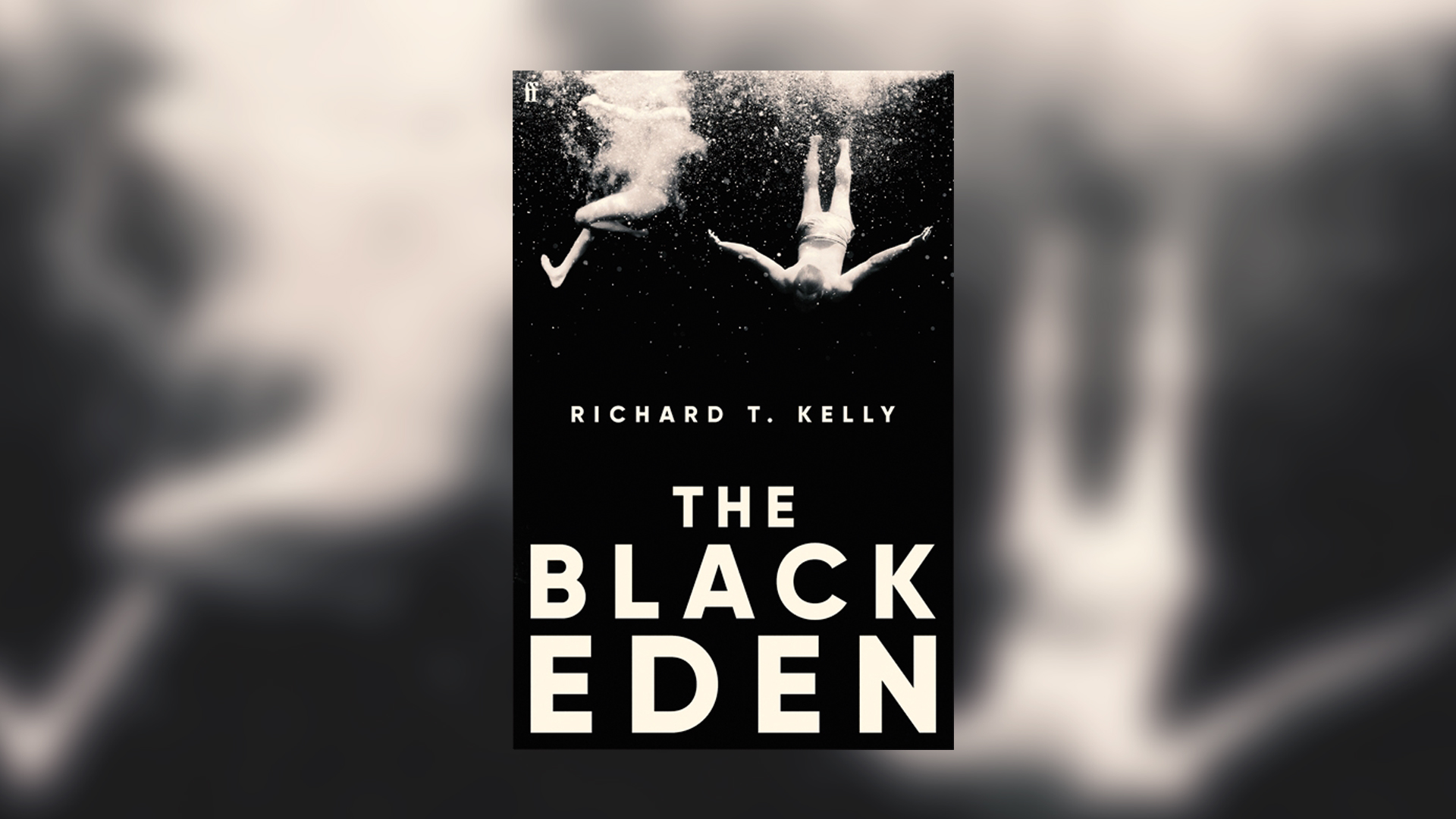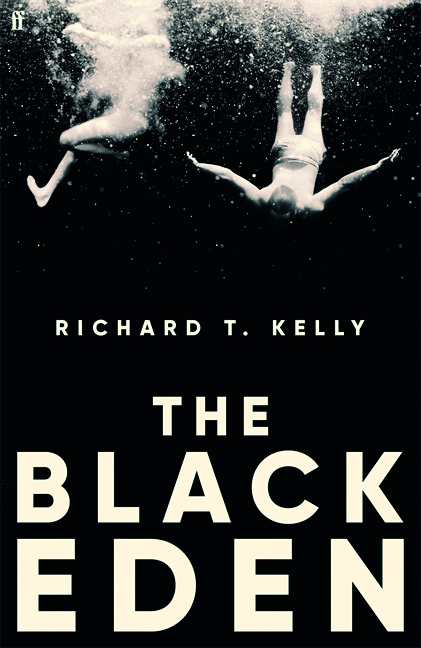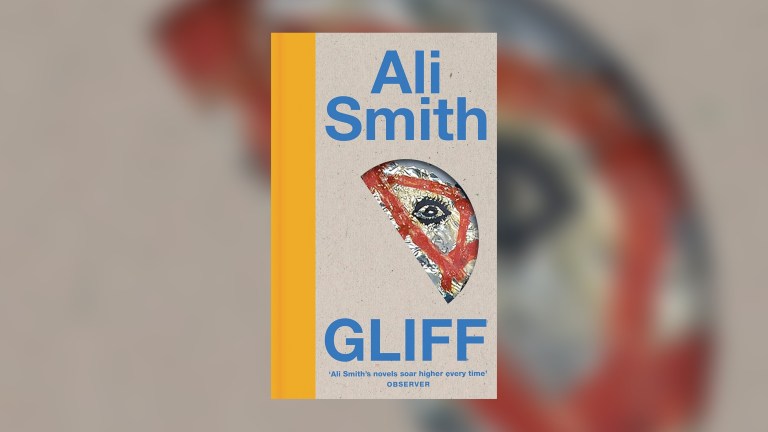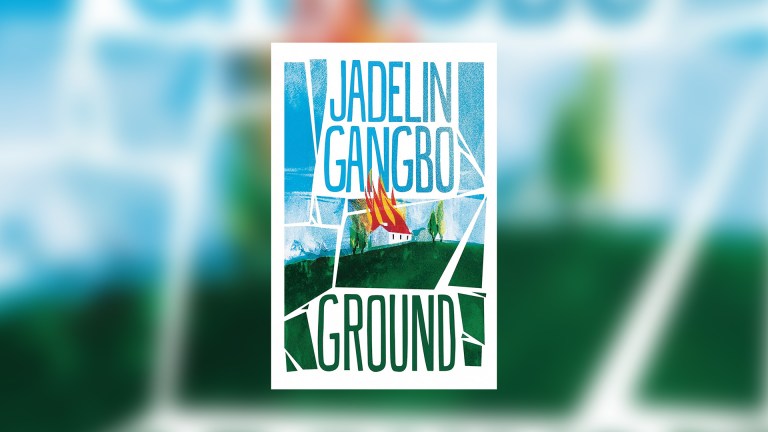It’s obvious why the oil and gas industry hasn’t inspired much great art over the years, JR and his thrillingly treacherous Ewings aside. But drill down deep enough into pretty much any subject and you’ll strike drama, romance and narrative. That’s precisely what Richard T Kelly has done for his magnificent new novel.
The Black Eden is the story of how Scotland first struck oil in the late 20th century and of the black gold rush that followed. It is an adventure of personal and corporate fortunes being made, of lives transformed for better and worse, of a nation’s politics revolutionised, and of ancient, pastoral communities that suddenly found themselves tossed in a whirlwind of capitalist modernity.
As all good novelists must, Kelly tells the story through people. Aaron and Robbie are childhood friends in a heavily religious 1950s coastal village. They are destined for careers that do not yet exist – Aaron will be a geologist working for tough Americans, searching for the liquid treasure buried beneath the North Sea; Robbie is destined for a hard, dangerous life on the rigs. Privately educated Mark is a journalist on The Scotsman who, as nationalist sentiment soars with the oil price, is radicalised and becomes an SNP MP, while his cocksure schoolmate Ally gets filthy rich after setting up a boutique Edinburgh investment firm. Joe fights to transform his father’s ailing fishing fleet into one that services the booming new industry.
- Time’s up for Britain’s oil giants, but they won’t go down without a fight
- Why I mapped the whole of Scotland by hand
- What’s it like living in rural Scotland during the cost of living crisis?
Everything and everyone collides. Friendships and marriages are broken and repaired and broken again. Reputations rise and fall with the tide. The politics are increasingly ferocious as Westminster and Whitehall are dragged into the 1970s debate about whether or not it’s “Scotland’s Oil”.
“Stop justifying every damn thing done for oil when a blind man can see some people are coining it and others getting robbed,” Mark spits at Ally. The disparate fates of the main characters are by turns inspiring, infuriating and, ultimately, heartbreaking.
Though Kelly’s novel ends in 1982, it is so much more than a historical work. It is also a map of today’s Scotland, a foundation myth for a disputatious, unsettled 21st century nation: wealth and ambition versus community and compassion, progress versus stasis, independence versus union.










